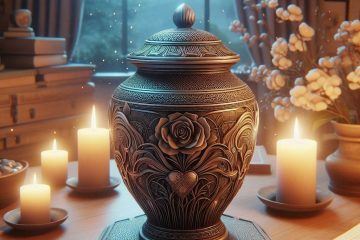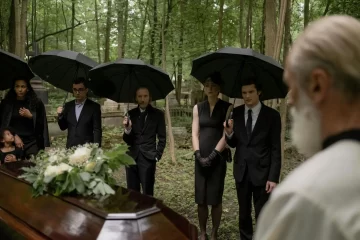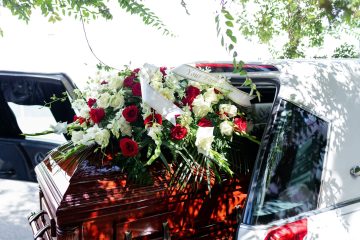Buddhist Funeral Package in Singapore

Buddhist Funeral Package in Singapore
Buddhist believe in Karma and its effects on reincarnation. And a Buddhist funeral, with chanting led by monks, held in accordance with Buddhist funeral rites, can help the deceased transition more smoothly into his next life. Hence to Buddhist families, having a proper funeral sendoff goes beyond just a show of filial piety; it’s the final meaningful act of love the bereaved family can shower upon the deceased, to aid him in this afterlife journey.
Unfortunately, because funeral rites and customs are seldom discussed within Chinese families, most are not familiar with it. Thus with Singapore Funeral Sanctuary appointed to sort out funeral arrangements for you, our funeral director will guide you every step of the way to ensure the proper rites and procedure is done.
Items that are mandatory for a Buddhist Funeral
Buddhist Funeral Package in Singapore typically consist of a main core element of having a Monk chanting services during the first day (Encoffinment), Final night and during the last day commonly known as 1+1+1 in the trade. This represent the number of Monk presented for the chanting prayer service for the deceased during the wake.
It should also consist of essential items such as consist of Sandal wood Chips, Sandal Wood Powders, Incense Coil and afterlife blanket are required in a Buddhist funeral package to hold a Buddhist funeral. Music players are also important as it is used play Namo Amitabha Buddha song throughout the wake.
At Singapore Funeral Sanctuary, we provide Funeral packages that cover all the essential need to hold a Buddhist funeral in Singapore. The packages we offer provide a flexibility to make customisation to suit individual preference and wishes to be carried out.
Chinese Tradition to prepare before a funeral takes place
Being a majority Chinese nation, Chinese Funerals are very commonplace in Singapore. Chinese Funerals can take religious forms such as Buddhist funerals and Taoist Funerals or be non religious. Regardless of religious belief, most Chinese Funerals follow strict traditions as many Chinese in Singapore believe that improper funeral arrangements can cause a misfortune to befall the family of the deceased. The performance of proper funeral rites for the deceased is also considered the duty of the children and hence, a form of showing filial piety.
Pieces of red paper are also used to cover mirrors in the house, deity statues and lift lobby
Common Buddhist Funeral Tradition
Chinese place a lot of emphasis on rank (within the family) and age. For example, many Chinese families believe that the older generation should not offer respect for the younger generation. Thus if a son dies, his parents are not to offer prayers or funeral rites for him. On this same note, children who die are sometimes buried without funeral rites.
Chinese also believe that an unclean body will be punished in the netherworld. As such, it is the duty of the sons to symbolically wipe the body of the deceased 3 times to ritually clean him.
During the performance of funeral rituals at the wake, family members will gather around the casket, ordered according to their rank within the family. The eldest grandson is traditionally considered the youngest son and will be garbed accordingly. The length of the wake is decided by the family; it is usually either 3, 5 or 7 days.
Gambling at wake is also common as Chinese believe the body must be guarded at all times. Gambling help those keeping night long vigils awake and to a certain extend, can help lessen the grief.
During the nailing (or sealing) of the coffin, it is customary for all in attendance to face away. The sealing represents the separation of the living from the dead and Chinese believe that those facing the coffin at this stage may attract misfortune.
Chinese Funeral ceremonies are usually followed by a procession where family and friends will follow the hearse for some distance. The way the family lines up during the procession will once again be determined by their rank within the family, with the eldest son always in front.


